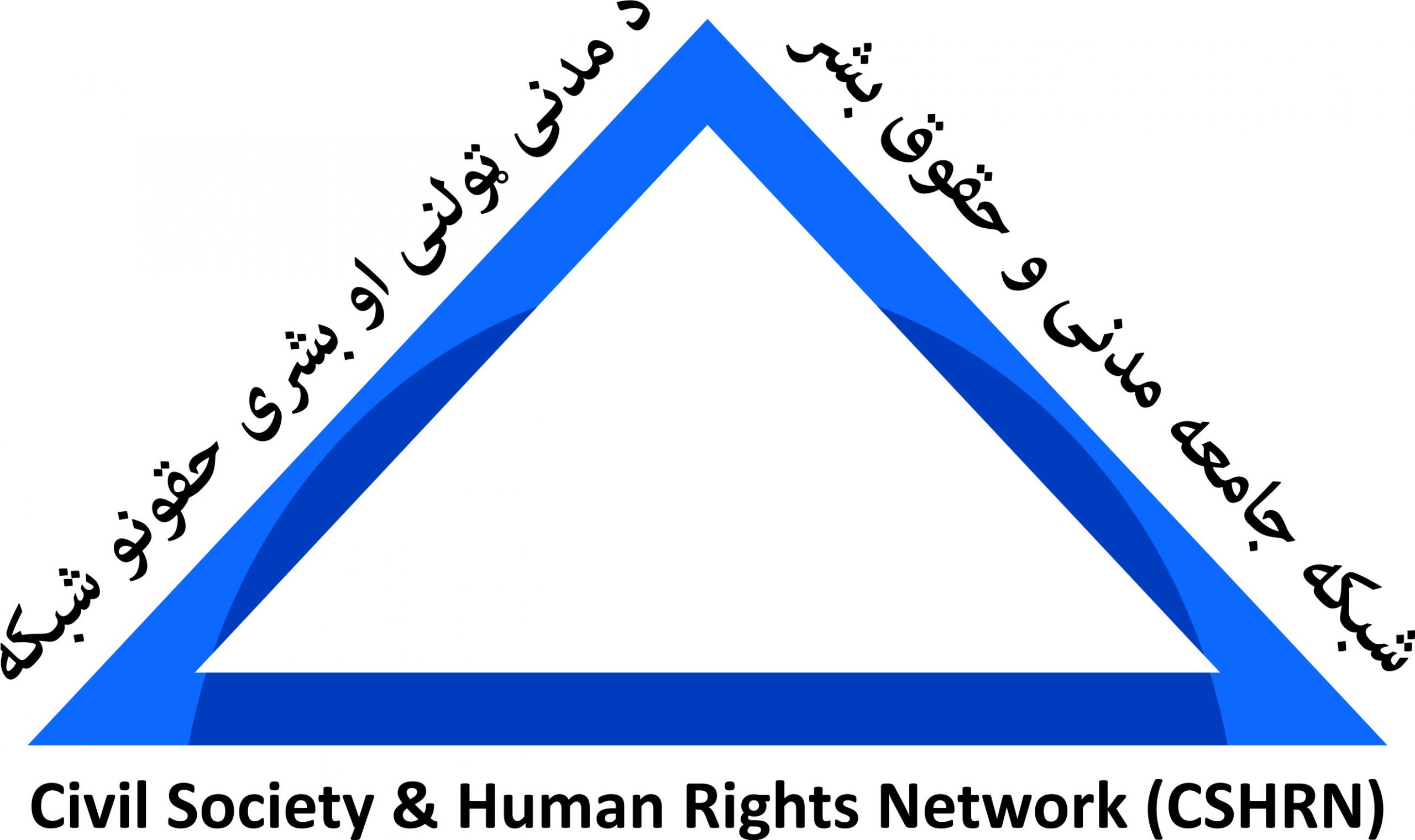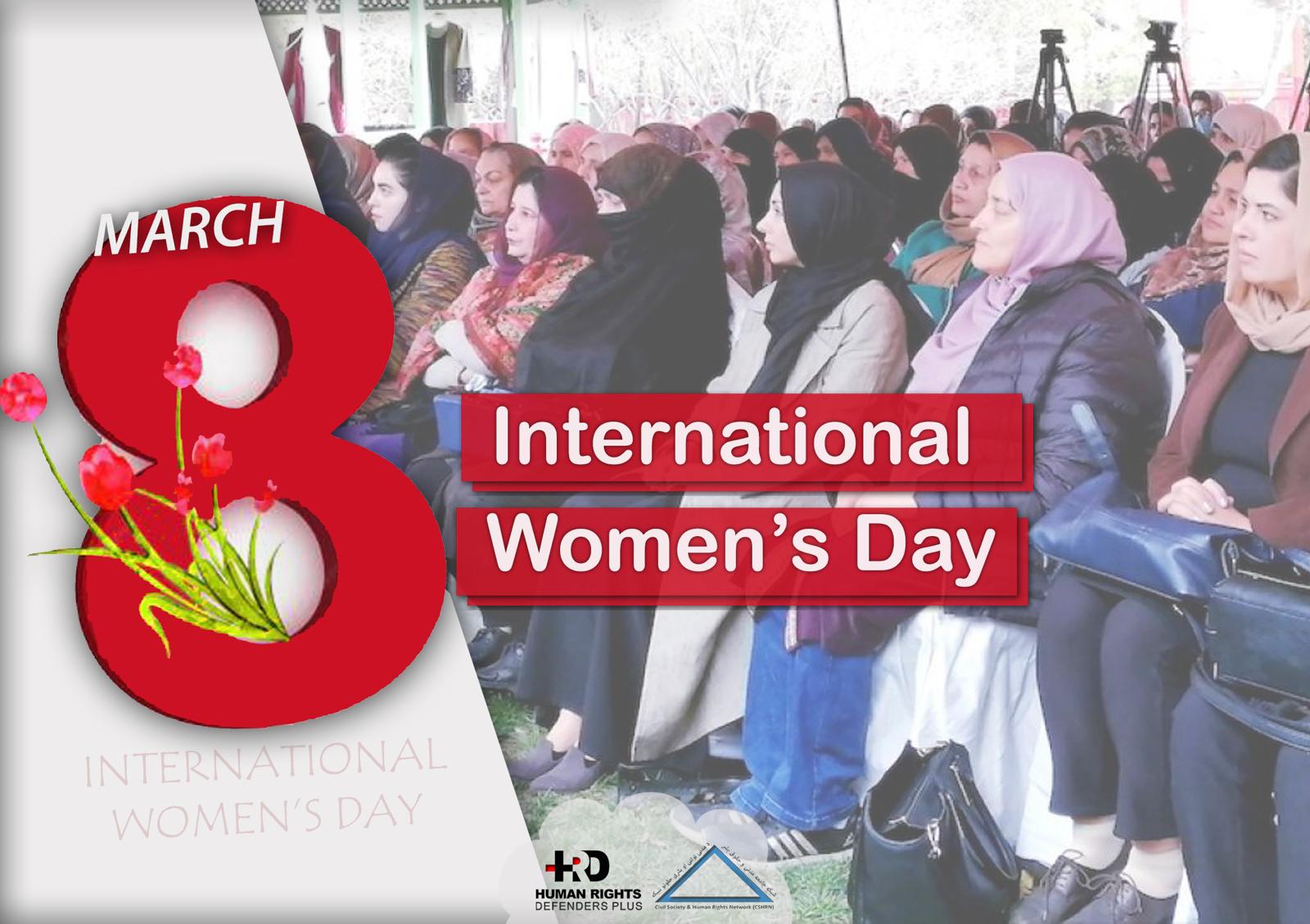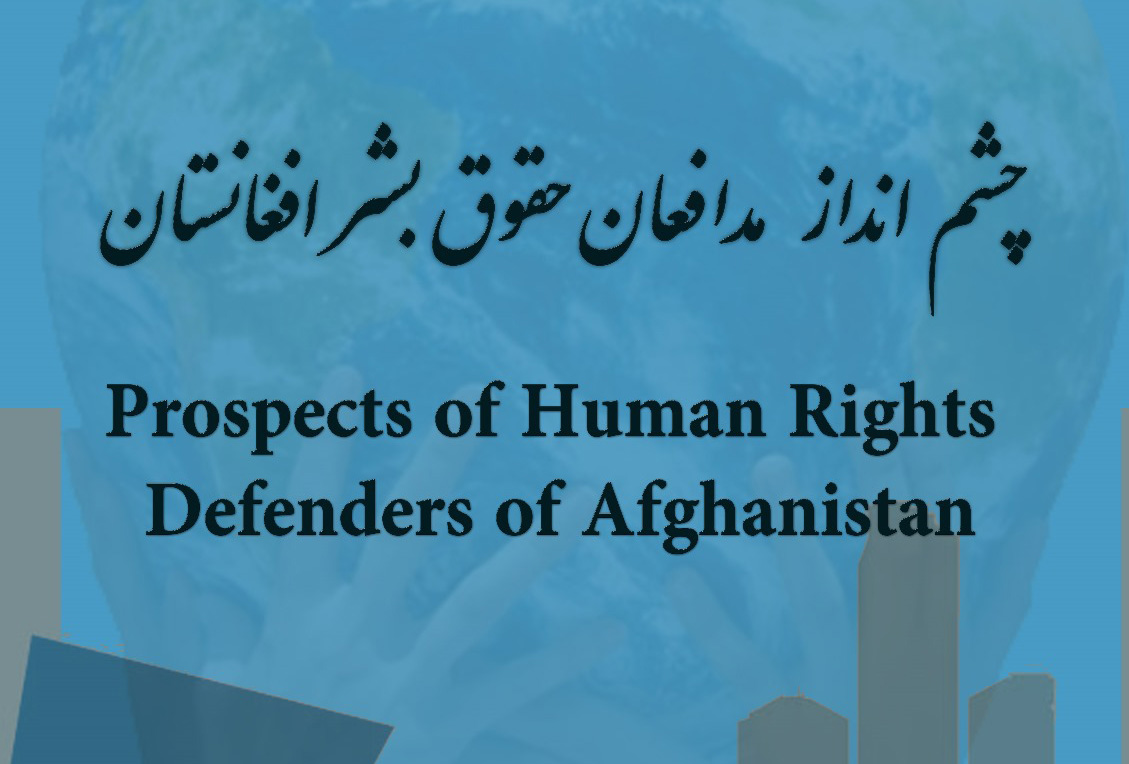HRD+ Statement Regarding Imposed Restrictions on Media in Afghanistan
Following the seizure of political power by the Taliban in Afghanistan, they began imposing restrictions on the civil and political freedoms of the Afghan people. Over time, these restrictions have expanded, depriving the country's citizens of their civil liberties. Recently, the Taliban's de facto administration has imposed more restrictions and constraints on free, political, and social media, labelling some of them as 'violating national interests.' These restrictions are specifically imposed on women, with some media outlets instructed not to publish women's voices (phone calls). Furthermore, the suppression of media freedom and freedom of expression not only severely limits citizens' right to access reliable information but also restricts media spaces, leading to widespread human rights violations and violence, while the lack of media oversight grants impunity to human rights violators. The irresponsible conduct of the Taliban is in opposition to all national and international values and laws, leaving the country's citizens deprived of their most fundamental human rights. Article 19 of the Universal Declaration of Human Rights and Article 19 of the International Covenant on Civil and Political Rights recognize media freedom and freedom of expression as the most important human rights principles for human society and obligate the international community to uphold them. We strongly urge the Human Rights Committee, the monitoring body of the International Covenant on Civil and Political Rights of the United Nations, to consider legal and political assessments and to seek more rigorous mechanisms to uphold civil freedoms in Afghanistan. We specifically draw the attention of the United Nations Special Rapporteur on Human Rights in Afghanistan to reflect on these restrictions. We call upon Mr. Richard Bennett to coordinate with relevant UN bodies and other regional and international institutions to mitigate these violations. We call upon all civil institutions inside and outside the country…




